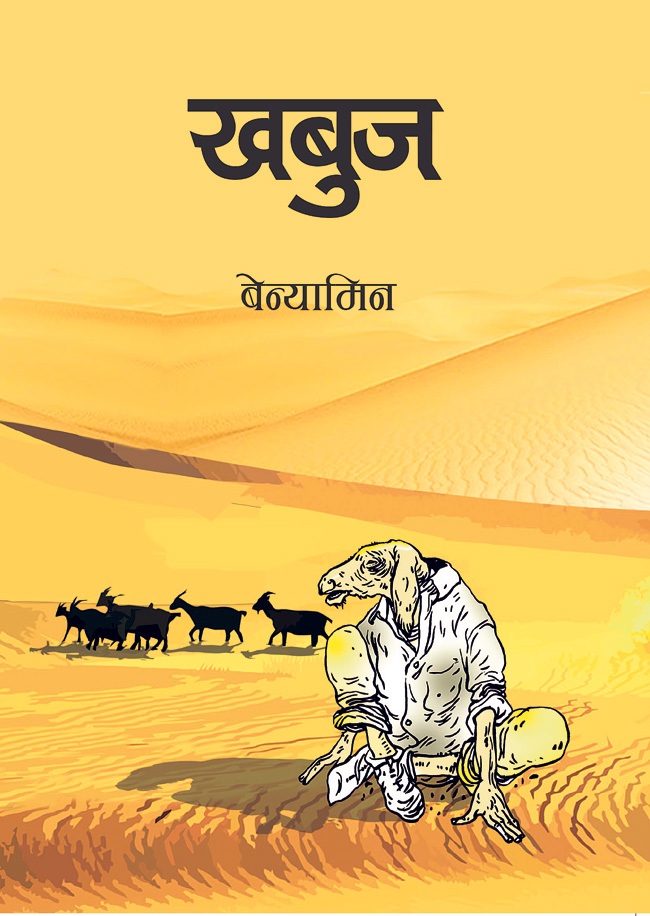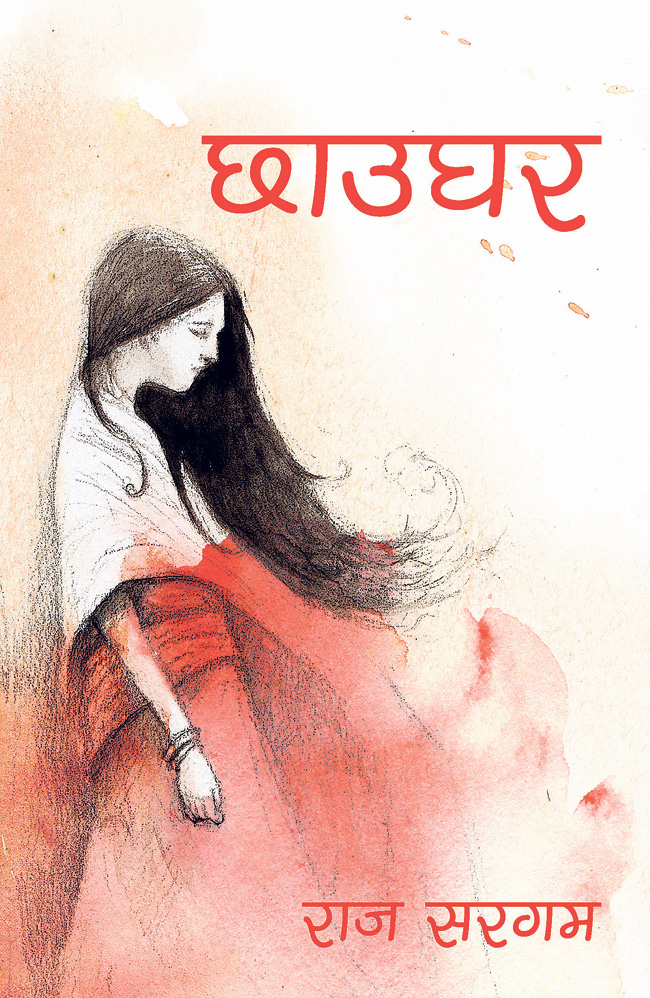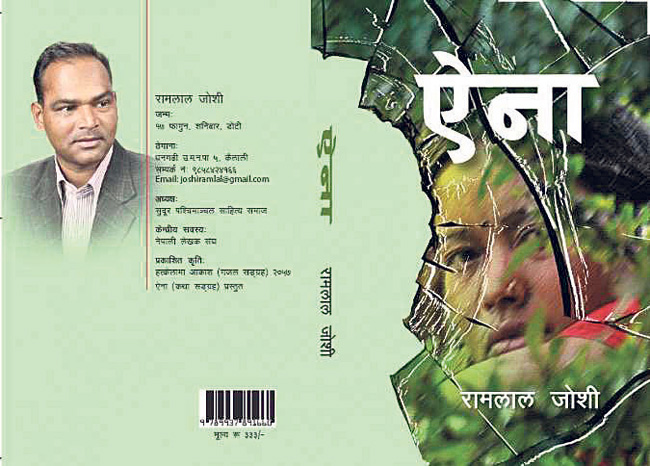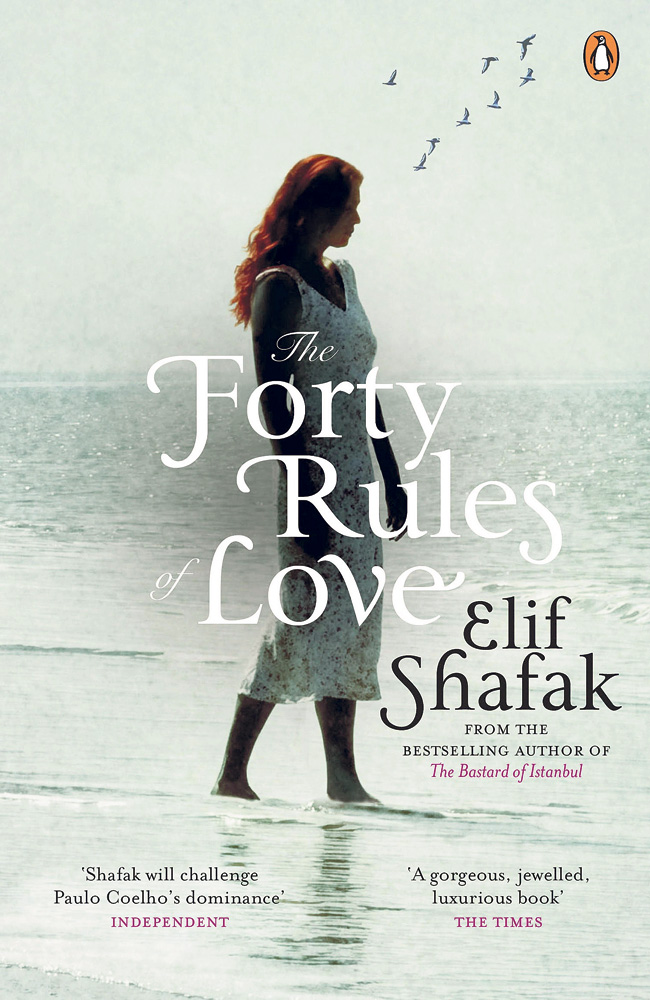Nepali writers talk about the book they read in 2016 that has become one of their favorites.
When you lay a book in your hand and sink to the pages of magic unfolding in each turn, visualize a world being painted out of the perspective of the writer and feel the whole universe falling silent to the rhythm of the voices of the characters, you begin to realize that book is your call for conscious escape. A writer writes without creating or deciding the meaning of his/her work. This interpretation is the readers alone.
Overcoming the grief of the catastrophic earthquake and the economic human crisis of the Indian Blockade, 2016 has been a year of transition for all of us. Someone once said, ‘When things get hard, you can always retreat into a good book.’ Well, when things get better, you can still retreat into a good book. The Week talked to a few Nepali writers about the book they read in 2016 that they will carry with them onto 2017.
Hari Bansha Acharya
Khabuj, Benyamin
The book was given to me by Dr Rabindra Sumir who had inspired me to write my first book, Cheena Harayeko Manchhe. The book revolves around the theme of living conditions of laborers in Arab who face daily struggles of existence.
 The story pictures a poignant reality of the laborers – the separation from the family members, the struggles of being sold through the hands of the brokers, along with their struggle for survival. The emotions in the book are better understood by people of countries that have the same socio-cultural scenarios as ours.
The story pictures a poignant reality of the laborers – the separation from the family members, the struggles of being sold through the hands of the brokers, along with their struggle for survival. The emotions in the book are better understood by people of countries that have the same socio-cultural scenarios as ours.
There were times when I cried between pages as I could empathize with the living conditions of the laborers. There are people in our country in such dire financial crises that the men choose to migrate to foreign countries just so they can fulfill their families basic needs. I believe that this book is an essential read as it is linked to our economy and helps us better empathize with the grievances of our fellow citizens.
Amar Neupane
Chhaughar, Raj Saragam
Hamro Kitab: For the book-loving society

Time and again we get to hear news of girls dying in menstrual huts during the harsh winter months. The relevance practices like Chhaupadi makes you feel helpless.
 Chhaughar tells a story from the perspective of a young girl of twelve or thirteen who is forced to spend 22 days in the menstrual hut away from her family. The book is divided into 22 chapters covering the entire time she spent in the hut. The most beautiful aspect of the book is the language from Doti that is soft on the reader’s ears. The story’s plot has a short lifespan and yet it successfully covers the psychology of the child while uncovering the difficulties such practices impose on girls. The story has inspired me to give continuity to conducting research in rural areas and develop stories covering such content.
Chhaughar tells a story from the perspective of a young girl of twelve or thirteen who is forced to spend 22 days in the menstrual hut away from her family. The book is divided into 22 chapters covering the entire time she spent in the hut. The most beautiful aspect of the book is the language from Doti that is soft on the reader’s ears. The story’s plot has a short lifespan and yet it successfully covers the psychology of the child while uncovering the difficulties such practices impose on girls. The story has inspired me to give continuity to conducting research in rural areas and develop stories covering such content.
Gyanu Pandey
Aaina, Ram Lal Joshi
The book was given to me by the writer himself. I loved the aspect of the social organizational structure, social functioning and cultural reality of the far western Nepal presented in the book as the place setting of the plot.
 The book serves to break the centralized picture of nation that the city-centric people are limited to and to pave a way for a Nepali of a certain geographical division to know another Nepali of another geographical division. The book will inspire us to embrace the notion that all of us have the same place of origin and we are bound by the national blood. When I read the book, I felt like I was a part of it. I was in the lands of far western region while sitting in my room. The book helped me travel across terrains and rivers and know Nepal. The book is a powerful communicator because of its emotional aspect and will be an integral part of my collection.
The book serves to break the centralized picture of nation that the city-centric people are limited to and to pave a way for a Nepali of a certain geographical division to know another Nepali of another geographical division. The book will inspire us to embrace the notion that all of us have the same place of origin and we are bound by the national blood. When I read the book, I felt like I was a part of it. I was in the lands of far western region while sitting in my room. The book helped me travel across terrains and rivers and know Nepal. The book is a powerful communicator because of its emotional aspect and will be an integral part of my collection.
Buddhi Sagar
Famished Road, Ben Okri
A few years ago, I attended a literary festival in Jaipur where a huge crowd was excitedly surrounding a writer who looked liked a hip-hop singer. I was really curious about the writer and his works and did some research.
 Then one day, during a trip to a bookstore, my eyes fell on the cover of a book by Okri. The book was torn a little and I got a huge discount. I only read the book after over a year of buying it and from the very first page found it irresistible.
Then one day, during a trip to a bookstore, my eyes fell on the cover of a book by Okri. The book was torn a little and I got a huge discount. I only read the book after over a year of buying it and from the very first page found it irresistible.
This book featured small issues and not ground turning tragedies but the things Okri talks about are relatable to us Nepalis. The poetic lines in the story also caught my attention. It was my first experience of meeting the writer before reading a book. The novel is a trilogy and I have yet to find the second and third parts. It expresses magical realism and unlike other stories that begin with the birth of the character, it begins with the spirit deciding what would be its fate in being born as that character. The story has interesting characters and many of the dialogues become inspirational pieces. I have recommended this book to so many people and will continue recommending it because it deserves to be read.
Kumar Nagarkoti
The Forty Rules of Love, Elif Shafak
This is a beautiful book with the worst title ever because I believe there shouldn’t be any rules in love. I would have never bought this book if I hadn’t come across The Bastard of Istanbul.
 I came across the title at a bookstore and what really appealed to me was the fact that as a Turkish female writer of Muslim origin, Shafak had come up with such topic. I researched about her and came to know that she had faced controversies regarding the title. In searching for her works, I bought the two books. I never read The Bastard of Istanbul but The Forty Rules of Love has become my favorite book that I read in 2016. The book is based on the famous poet, Jalaluddin Rumi. It is a meta-fictional novel with a beautiful presentation. The chapters jump between the twelfth and twenty first centuries. This book will appeal to anyone who rejoices in the beauty of spiritual love.
I came across the title at a bookstore and what really appealed to me was the fact that as a Turkish female writer of Muslim origin, Shafak had come up with such topic. I researched about her and came to know that she had faced controversies regarding the title. In searching for her works, I bought the two books. I never read The Bastard of Istanbul but The Forty Rules of Love has become my favorite book that I read in 2016. The book is based on the famous poet, Jalaluddin Rumi. It is a meta-fictional novel with a beautiful presentation. The chapters jump between the twelfth and twenty first centuries. This book will appeal to anyone who rejoices in the beauty of spiritual love.









_20230503164612.jpg)


























